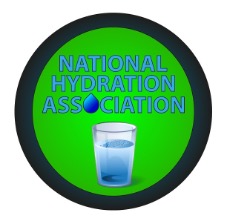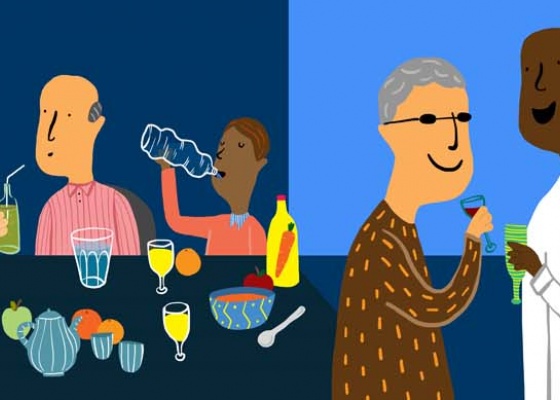The National Hydration Association (NHA) was first established in 2015 and Naomi Campbell became Chair in October 2016.
On September 17th 2018 she inspired a ‘Hydration – Call for Action’ which was the first national event to focus on the challenges and complexities of preventing ‘avoidable’ dehydration in elderly care and was delighted to receive well wishes and a message of ‘Good Luck’ from Sir Robert Francis QC (Franics Report 2013).
 |
Update: October 2022
On-going Projects
Vacancies
To become a member of the NHA please contact Charlotte on the above email address. All health and social care staff are welcome. Membership is currently free. With membership there will be access to education packages and tools on how to improve hydrations for all patients within all care settings. Instagram: thehydronetuk Twitter: @thehydronetuk Email: hydrationnetuk@outlook.com |
The Hydrant – solving a drinking problem, watch our 40-second animation
Kent Surrey Sussex Academic Health Science Network Hydrate in Care Homes Project: April - October 2016
This project aimed to reduce illness and unnecessary hospital attendance for care home residents through improving hydration awareness and practices among care home staff. 89 care homes completed the project. Significant reductions in admissions were achieved which translated into cost savings of £202,531 (18% year on year reduction) 564 potential bed days were saved.
The associated evaluation of the Simple Measures™ Reliance On a Carer to Drink (ROC to Drink) dehydration risk assessment tool and care plan summary produced positive user feedback with ROC homes having greater reductions in UTI and falls admissions compared with other homes.
Associated resources as follows:
- Hydrate in Care Homes Executive summary
- Hydrate in Care Homes Evaluation report
- Hydrate in Care Homes Toolkit
For a full copy of the toolkit, email Gill Potts (gill.potts1@nhs.net)
Think Kidneys AKI / Hydration information for Care Homes
Acute Kidney Injury (AKI) is common, serious and harmful. The causes of AKI are many and varied and occur most often in people living with long term conditions, although it can affect anyone. It can occur as a result of an infection causing stress on the kidneys, dehydration reducing the flow of blood to the kidneys or the altered effect of medication caused by illness, surgical or radiological procedures.
The RA Think Kidneys team have created a learning guide for people who work in care homes (both nursing and residential homes) and it consists of activities to help in the understanding of what acute kidney injury is, and what you can do to help prevent it. The guide has been designed for nurses and care home managers to learn more about AKI, and to enable them to share this learning with care home support workers, care home residents and their families. The guide can be used to support the hydration policy.
The guide and other useful resources can be found here.
These resources are for the general public, HCPs - Nurses, Carers, Medics, Therapists, Mouth Care, Pharmacists, Paramedics, Researchers, Commissioners and Students

